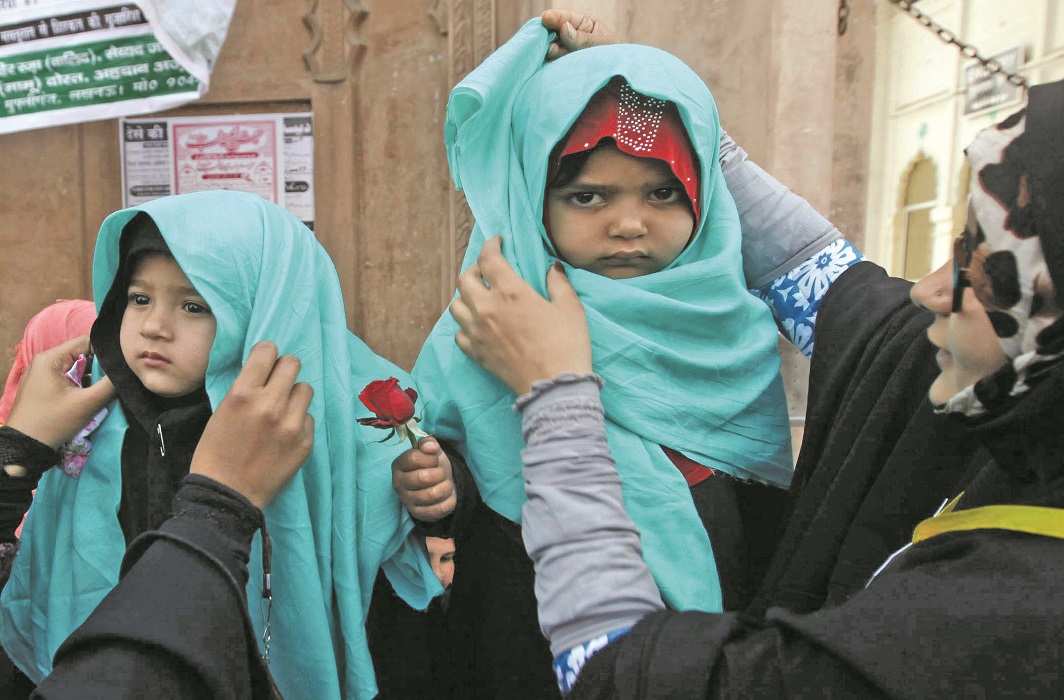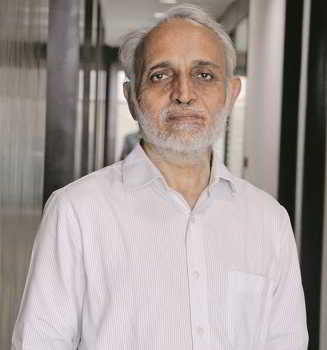It need not always be a case of right and wrong. There are situations when both sides are reasonably, if not absolutely, right. And the court has to decide in favour of one against the other. The European Court of Justice (ECJ) in Luxembourg did just that in the cases of Asma Bougnaoui from France and Samira Achbita from Belgium. The two Muslim women were dismissed from their jobs by their employers because they insisted on wearing a head scarf to work as a mark of their religious faith.
The case histories are interesting in themselves. Bougnaoui, a design engineer, met a representative of Micropole, her future employer, at a student fair in October 2007, and the issue of wearing the scarf came up. She was told that it may not be possible for her to wear the scarf at the work place. She joined Micropole as an intern in February 2008 and at that time she wore a bandana. Afterwards, she wore “an Islamic scarf”. She was employed by the company at the end of her internship in July 2008, and given “a contract of employment of indefinite duration”.
In May 2009, she was deputed to work with a client of the company, and the client complained that her wearing a scarf “had upset a number of its employees” and the client requested that she should not wear “a veil next time”.
Micropole, in its letter dismissing Bougnaoui, said: “When you were taken on by our company, in your interviews with your Operational Manager…and the Recruitment Manager… the subject of wearing a veil had been addressed very clearly with you. We said to you that we entirely respect the principle of freedom of opinion and the religious beliefs of everyone, but that, since you would be in contact, internally or externally, with the company’s customers you would not be able to wear the veil in all circumstances.”
The Court cites Article 4 (1) of the European Council Directive of November 2000, with regard to employment and occupation which says:
“…Member States may provide that a difference of treatment…shall not constitute discrimination where, by reason of the particular occupational activities concerned or of the context in which they are carried out, such a characteristic constitutes a genuine and determining occupational requirement, provided that the objective is legitimate and the requirement is proportionate.”
It has been ruled that Micropole had not violated the tenets of non-discrimination in employment and occupation. But the ruling leaves an element of doubt when it says: “It cannot, however, cover subjective considerations, such as the willingness of the employer to take account of the particular wishes of the customer.”
Employees are prohibited, in the work place, from wearing any visible signs of their political, philosophical or religious beliefs and/or from engaging in any observance of such beliefs.
—Amended G4S workplace regulations
The second case in which the Court was asked to give a preliminary ruling was that of Samira Achbita, who joined G4S as a receptionist in February 2003. She was given an “employment contract of indefinite duration” and at the time of her joining work there was “an unwritten rule within G4S that workers could not wear visible signs of their political, philosophical or religious beliefs in the work place”. In April 2006, she informed her employer that she would be wearing an Islamic headscarf during working hours. She was told that she would not be allowed to do so because it “was contrary to G4S’s position of neutrality”. Achbita was on leave due to sickness and she notified the company on May 12, 2006, that she would be joining work on May 15, and “that she was going to wear the Islamic headscarf”.
G4S amended its workplace regulations on May 29 and these came into force on June 13. It said: “Employees are prohibited, in the work place, from wearing any visible signs of their political, philosophical or religious beliefs and/or from engaging in any observance of such beliefs.”
On June 12, Achbita was dismissed from her job as she persisted to wear the Islamic headscarf. “She received a severance payment equivalent to three months’ salary and benefits acquired under the terms of her employment contract.”
The question that the Belgian labour high court referred to ECJ is: whether, in the name of neutrality, a rule puts a person of a particular faith at a disadvantageous position. The ECJ says that going by the material in the case file, it is clear Achbita was not singled out on the issue of belief neutrality. But it again leaves it to the Belgian court to decide on the facts of the issue. The ECJ holds the aim of a private company to project a neutral belief image as legitimate. But it says that it was not necessary for G4S to dismiss Achbita and that it could have offered “a post not involving any visual contact with those customers”.

It is quite possible and plausible to interpret the two preliminary rulings as reflecting a general trend of growing Islamophobia on the one hand, and of increasing identity assertion by Muslims in general, and Muslim women in these two cases. Islamophobia can manifest itself in the milder form of general prejudice, and in the more acute form of refusal to accept any expression of Muslim identity.
It can be said that Muslim migrants in Europe and in the West are forced to assert their faith in order to retain their cultural identity, which in itself is an inalienable fundamental freedom. The ECJ has made it clear that restrictions on the expression of cultural identity cannot be called discriminatory. There is no doubt that this can be a subtle instrument of discrimination in the hands of employers. The fact that Micropole hired Bougnaoui and G4S, Achtiba, shows that there was no direct discrimination against them based on their religious belief. This is however an issue that needs to be constantly revisited to maintain a free and just framework.



